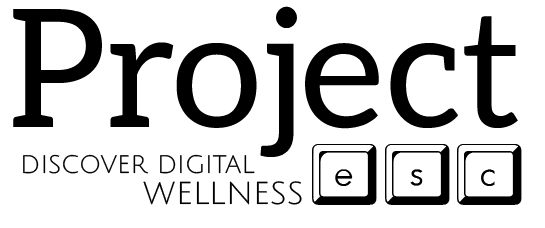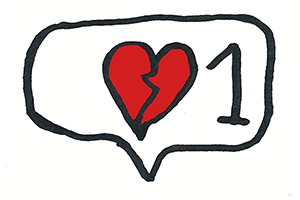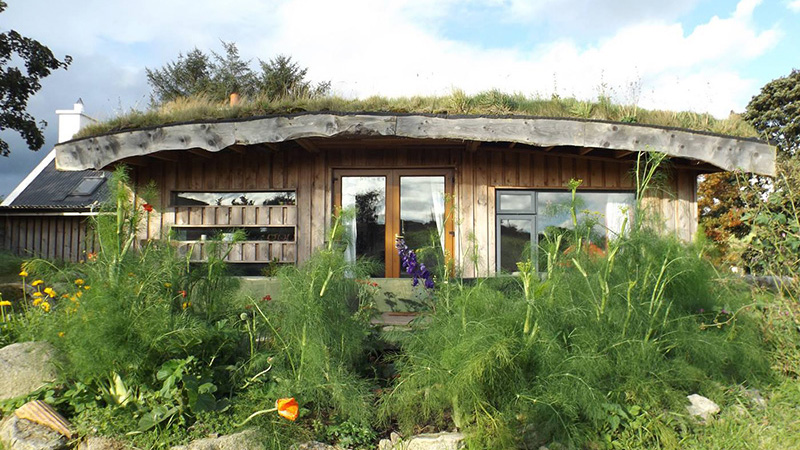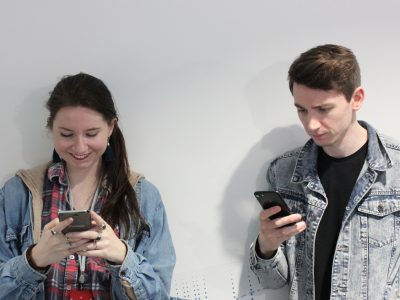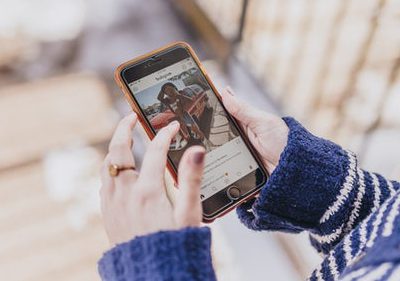Steven Golemboski-Byrne lives off-grid in a small cottage in Northern Ireland with his family. He says this would not be possible without the internet.
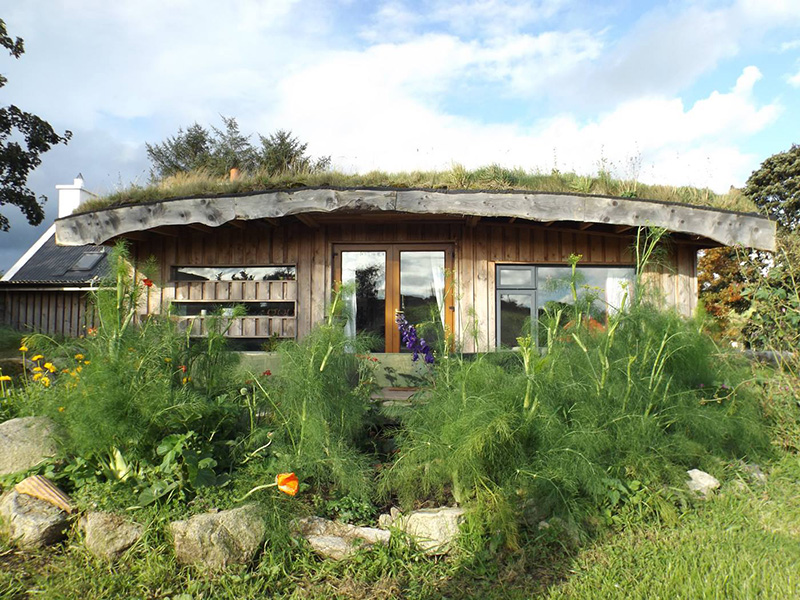
When and why did you decide to go off-grid?
Over 10 years ago, I was living a mainstream life. Job, rent, credit cards. I was simply working and not living. I never seemed to be any better off no matter how much I worked or earned. I was also becoming aware of environmental issues.
Then I came across Simon and Jasmine Dale’s Hobbit House. The idea of building a home for a few thousand pounds really struck me.
I walked away from that life. A few months later I was sleeping on a friend’s floor at their farm where I volunteered. There I met my wife Claire, and we decided that an off-grid life might be for us. We converted a truck to live in so that we could travel around and see some similar projects.
Can you describe where you live?
We spent a year in the truck, looking at properties all over Ireland and Wales, before finding Lackan Cottage Farm here in County Down.
Since then we have restored the main cottage. We’ve also renovated the second cottage and added a kitchen. Our truck is also still here. Our power comes from solar and wind, and our water and space heating from wood and solar thermal.
We love knowing where our energy and food comes from, and sharing that knowledge and experience with others. Not having to worry about utility bills and fluctuations in electricity prices is good too.
What do you do for money and food?
We have several income sources. We rent out the little cottage and the horsebox as self-catered accommodation. Next we run courses on practical sustainability, permaculture, off-grid living and crafts. Then we are also starting to make products like willow baskets, soaps and cosmetics using products grown onsite. We also do consultancy for people who are looking for permaculture design, or power systems.
We grow a fair percentage of our fruit and veg and keep chickens. We also make a lot of homebrew, which saves a small fortune.
How difficult is it for the average person to go off-grid?
It helps to be handy, but we had no experience before we started. Now we have lots of books, and there’s so much information online. The key is to start small, and get some practice before starting. Volunteer on a project. Take a course, meet people who are doing this stuff, see what works for you.
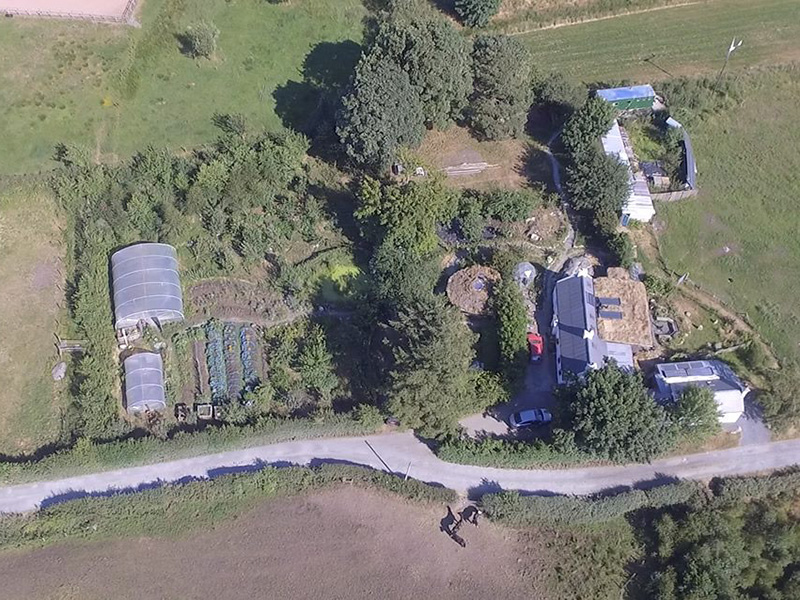
How is your relationship with social media?
I worked in tech previously and I would say that I’m conscious that I still spend more time than I should online. We use social media to reach people for courses, and to advertise our accommodation. If it weren’t for that I would certainly stop using Facebook.
But I think that my lifestyle is healthier by its nature – I have a lot of regular physical work, chopping wood, handling animals, maintaining the garden, and it is that rather than using less technology that is healthy.
What does the future hold for your family and Lackan Cottage Farm?
The process of finishing our home is seemingly never ending. We’re continually finding ways to make life more comfortable. We are at the point where all the really big jobs are done, and now we’re focusing increasingly on detail.
We’re also continually working on the courses and the accomodation to improve them, and to get into a regular pattern with them. Our daughter will hopefully take the place on when she is older and it’s all established.
Lackan Cottage Farm, its self-catered accomodation and permaculture courses can be seen at https://lackancottage.co.uk
